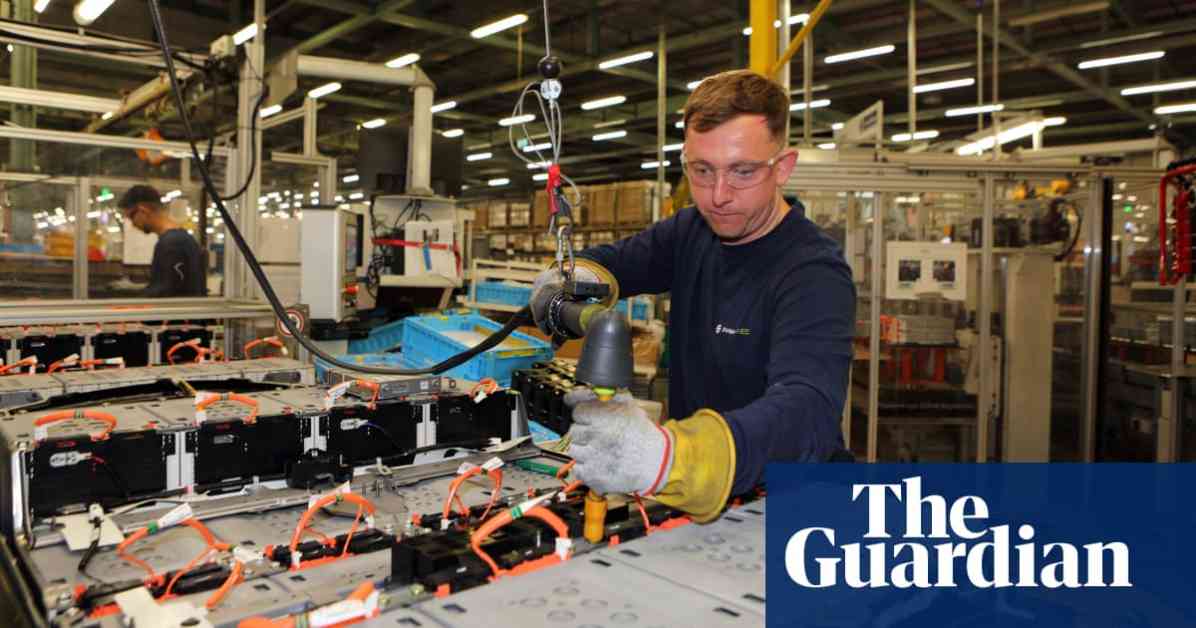Britain’s manufacturing sector is feeling optimistic about the second half of 2024, with expectations of increased orders and output despite facing challenges from a shortage of skilled workers. According to a survey conducted by Make UK, the country’s largest manufacturers are anticipating significant growth in the coming months as business conditions return to normalcy after the disruptions caused by the pandemic, the Russian invasion of Ukraine, and issues related to the Suez canal.
The survey revealed that the number of manufacturing businesses reporting an improvement in their order books has doubled in the last three months, driven primarily by strong export demand, particularly from the US. Although domestic conditions have been relatively sluggish, the overall outlook for the sector is positive, with hopes of much stronger growth in the second half of the year. This has been further supported by cooling prices and potential cuts to interest rates, boosting business confidence to its highest level in a decade.
Make UK is forecasting a growth rate of 1.2% for the manufacturing sector in 2024, outpacing the expected GDP growth of 0.9% for the same period. However, the optimism is tempered by concerns over the shortage of skilled workers, which is seen as a critical issue that needs to be addressed by the government. Both Labour and the Tories have proposed measures in their election manifestos to tackle this issue, but Make UK believes that more comprehensive solutions are needed to address the long-standing problems in the apprenticeship system.
Rishi Sunak has pledged to close underperforming university courses to fund 100,000 apprenticeship positions over the next five years, while Labour has proposed allowing employers to allocate up to 50% of their apprenticeship levy towards accredited non-apprenticeship training. These initiatives aim to provide companies with greater flexibility in utilizing their funds and investing in the skills development of their workforce.
James Brougham, a senior economist at Make UK, emphasized the importance of a modern, long-term industrial strategy that extends beyond the current decade and receives bipartisan support from the government. He highlighted the urgent need for a skills revolution to address the shortage of skilled workers, which is not only impacting companies’ growth prospects but also hindering their day-to-day operations and contract fulfillment.
In conclusion, while the manufacturing sector in the UK is poised for growth in the second half of 2024, the industry is facing significant challenges related to the shortage of skilled workers. Addressing this issue will be crucial for sustaining the sector’s momentum and ensuring long-term success. The government’s commitment to investing in apprenticeships and skills development will play a key role in driving the industry forward and securing its competitive position in the global market.


